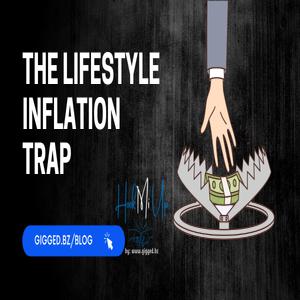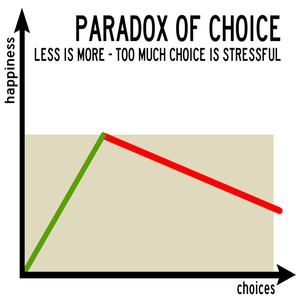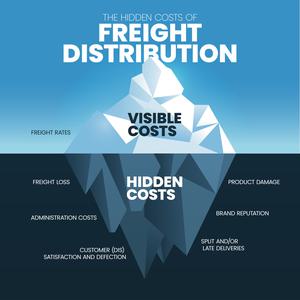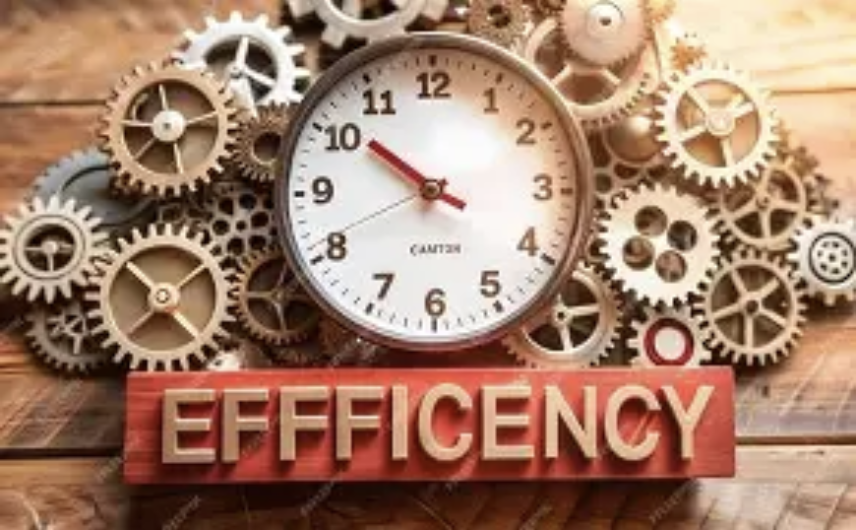For people who earn a lot of money, it’s often puzzling to find they have little saved. Many think that a high salary means good savings, but the situation is much more complicated. Various psychological, social, and economic reasons can quietly diminish a person’s savings. Let’s explore the underlying issues that stop high-income earners from creating a strong savings account.
The Lifestyle Inflation Trap
A tricky issue many people face is lifestyle inflation, which occurs when spending increases along with income. Wealthy individuals frequently find themselves wanting to maintain a certain status, trying to match the lifestyle of their affluent peers. As their earnings grow, so does their desire for lavish homes in desirable areas, luxury cars, and exclusive club memberships. Each upgrade sets a new standard, making it challenging to reduce spending.In addition, the idea of what is “affordable” can cloud their judgment. Just because someone can technically pay for a $10,000-per-night luxury hotel doesn’t mean it’s a wise decision. This mentality of “I deserve this” can lead to impulsive buying that quickly drains finances. Lifestyle inflation is not something that happens instantly; it gradually builds up and can take a big chunk of income over time.

The Paradox of Choice and Overspending
People with high incomes face a lot of choices, whether it’s about luxury items or investment options. Interestingly, having so many choices can lead to spending too much money. Studies in behavioral economics show that an overwhelming number of options can hinder a person’s ability to make decisions, resulting in quick or illogical choices.

Take buying a luxury watch as an example. With countless brands, styles, and features available, shoppers can easily feel lost. Rather than thinking carefully about their wants and financial limits, they might choose the priciest or trendiest item just to make the decision easier. This “choice overload” also applies to investments; the worry of missing out on profitable opportunities can lead people to make rushed decisions without thorough research.
The Hidden Costs of Status Symbols
Symbols of status greatly influence how wealthy individuals spend their money. Luxurious cars, high-end clothing, and lavish trips are frequently viewed as indicators of achievement. Yet, these symbols often carry unseen expenses.

Take luxury cars, for instance; they come with high costs for insurance, upkeep, and loss of value over time. Items from top brands can depreciate quickly and might require regular updates to keep up with trends. The combination of these expenses, along with the constant need to showcase wealth, can strain financial resources. Additionally, the chase for status can lead to a never-ending cycle of buying, as people feel pressured to enhance their symbols to uphold their social image.
The Illusion of Financial Security
Individuals with high incomes often experience a misleading feeling of financial stability because of their significant earnings. They tend to believe their income will always rise and that they can easily manage any unexpected financial challenges. This misplaced confidence often results in minimal financial planning and insufficient emergency funds.However, economic recessions, job losses, or surprise medical bills can happen to anyone, no matter their salary. Without a financial backup, those with high incomes might end up in a difficult financial position. Additionally, this false sense of security can prevent them from engaging in important long-term financial strategies, such as saving for retirement or diversifying investments, which are essential for preserving wealth over time.
The Emotional Toll of Wealth
Possessing wealth can introduce various emotional difficulties that affect how individuals spend their money. Those with high incomes may turn to shopping as a way to manage feelings of stress, anxiety, or boredom. Buying luxury goods often delivers a brief sense of happiness, known as a dopamine hit, but can lead to regret afterwards and result in financial pressure.
Additionally, the stress of keeping up with a specific lifestyle can create emotional pain, which further encourages excessive spending. It’s crucial to identify and confront these emotional triggers to escape the cycle of making a lot but saving little.
In summary, the difficulty of saving money even with high income is a complicated issue. By recognizing the underlying factors that contribute to overspending, wealthy individuals can take active steps toward better financial well-being. The focus should not only be on reducing spending; it also involves shifting perspectives, making wise choices, and focusing on long-term financial objectives instead of immediate pleasures.

The Impact of Global Commodity Prices on Financial Markets

Impact of Dollar Strength

How Interest Rate Changes Affect Investors

Safe Havens: Gold, Bitcoin, or USD?

Avoid Impulse Spending: Healthy Habits

Dollar-Cost Averaging Benefits

Crafting Your Child's Education Legacy
